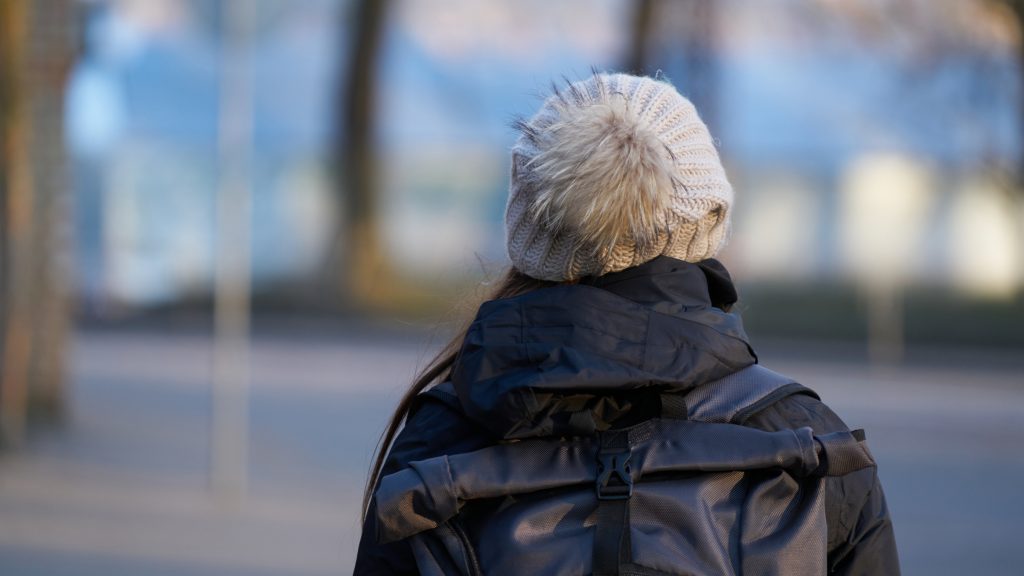
Facial recognition, FaceWatch, has mistakenly accused a girl of theft after being flagged by the system while shopping from a store.
Sara went to a shop that uses facial recognition system to enhance safety and identify theft accidents or any other incidents, but this time, Sara was wrongfully held responsible for stealing some products.
After thorough investigation into the findings, it was shown that the detections of the facial recognition system were wrong. Later, the British facial recognition security system sent a letter to the girl acknowledging that their system made a mistake.
FaceWatch, used by different British stories for theft identification is like various other similar systems adopted by many countries, integrated in their industries, with the most prominent one being retail.
The company behind the system and the store refused to comment on the incident to the BBC.
Police Assistance in Crime Detection
Facial recognition technology is used by retailers and the police to make the detection process easier and faster. For instance, in Bethnal, in east London, the police place the cameras on the roof of white vans, in case they detect any incident, they will be able to manage the situation either by addressing it or arresting the people responsible.
In this regard, Lindsey Chiswick, director of intelligence for the Metropolitan Police believes that this technology is efficient, as it takes few seconds to assess and create a biometric image. The system automatically deletes images if there is no match. So far, the technology has led to 192 arrests this year.
Emerging Risks of Adoption
It is not secret that facial recognition is mostly integrated into the workforce to prevent criminal acts, but it also raises concerns in various fields.
If we are to address its accuracy, the real potential of facial recognition is quite low, due to AI being biased. From another perspective, the technology itself could violate citizen’s privacy, as the data is used to track people without consent.
When it comes to data privacy, it is unknown where the data collected is stored. If data is hacked, sensitive information can be stolen, potentially leading to identity theft or unauthorized surveillance.
Inside Telecom provides you with an extensive list of content covering all aspects of the tech industry. Keep an eye on our Intelligent Tech sections to stay informed and up-to-date with our daily articles.